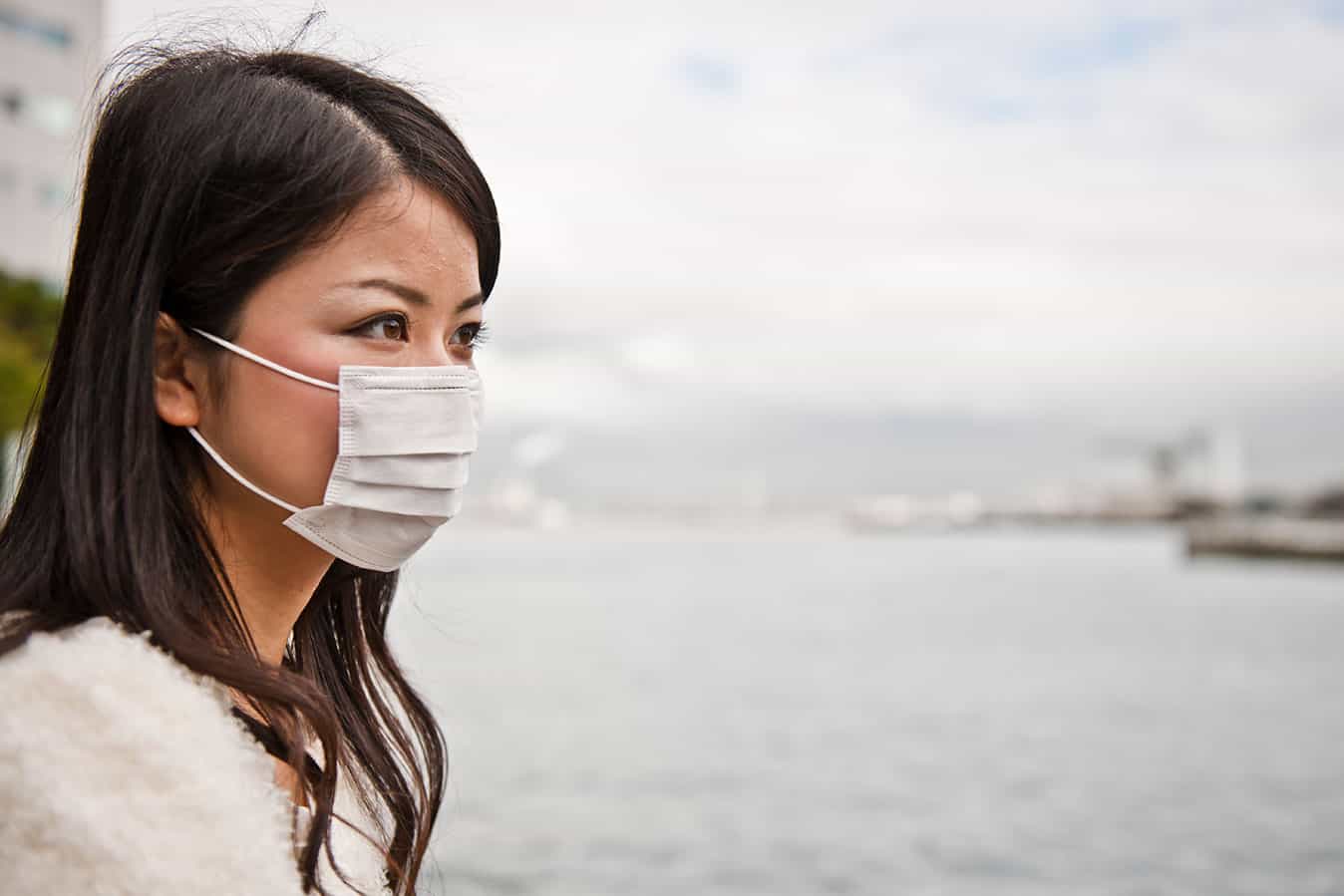The World Health Organization (WHO) has declared the deadly coronavirus that broke out in China and is now sweeping the world a public health emergency of international concern.
WHO’s Director General Dr Tedros Adhanom Ghebreysus announced the decision on Thursday after the global health authority’s Emergency Committee convened at Geneva headquarters to update its course of action.
To date, 170 people have lost their lives to the outbreak in China and over 7,000 have been infected by the virus, which triggers symptoms of cough, fever and breathing difficulties.
After spreading across other countries, WHO says there are now 98 confirmed cases in 18 countries outside of China, including eight cases of human-to-human transmission in Germany, Vietnam, Japan and the US.
The evolving situation in Australia stands at nine confirmed cases of the coronavirus across Victoria, New South Wales and Queensland.
Speaking at the press conference, Dr Tedros said the rapid rise of the coronavirus had escalated into an unprecedented outbreak.
He said the main reason for the declaration was not the grave situation unfolding in China but rather the prospect of the coronavirus reaching countries without the same level of resources to respond.
“We don’t know what sort of damage this virus could do if it were to spread in a country with a weaker health system,” he said.
“We must act now to help countries prepare for that possibility.
“Our greatest concern is the potential for the virus to spread to countries with weaker health systems, which are ill-prepared to deal with it.”
Dr Tedros stressed the declaration should not be viewed as a slight against China, praising the country for setting a “new standard for outbreak response” and suggesting many more cases, and likely deaths, would have occurred abroad if not for the government’s efforts.
“Let me be clear: this is not a vote of no confidence in China. On the contrary, WHO continues to have confidence in China’s capacity to control the outbreak,” he said.
“To the people of China and to all of those around the world who have been affected by this outbreak, we want you to know that the world stands with you. We are working diligently with national and international public health partners to bring this outbreak under control as fast as possible.”
Dr Tedros also outlined the Emergency Committee’s recommendations for preventing the spread of the virus and ensuring “a measured and evidence-based response” across seven key areas.
They include no reasons for measures that limit international travel and trade, all countries implementing evidence-based and consistent decisions aligned with WHO’s advice, supporting countries with weaker health systems, accelerating the development of vaccines and combating the spread of rumours and misinformation.
“Fifth, review preparedness plans, identify gaps and evaluate the resources needed to identify, isolate and care for cases, and prevent transmission,” he said.
“Sixth, share data, knowledge and experience with WHO and the world. And seventh, the only way we will defeat this outbreak is for all countries to work together in a spirt of solidarity and cooperation. We are all in this together, and we can only stop it together.”
In response to the coronavirus, Global Nurses United (GNU), an international organisation of nursing unions from 23 countries around the world, including the ANMF, have issued a joint letter expressing areas of concern, especially the capacity of countries with less resources to counter the virus.
“As more and more suspected cases are identified every day, the potential for a surge in patients seeking care in communities around the world is very real,” the letter reads.
“Without sufficient preparation this could overwhelm more healthcare facilities, putting patients, their families, and nurses and other healthcare staff at event greater risk.”
The joint letter argues WHO’s interim guidance on infection control during healthcare when the coronavirus is suspected falls short in ways that endanger the health and safety of nurses and other healthcare workers and that it should be strengthened by:
- WHO should call for airborne precautions to be implemented when healthcare workers are caring for patients with possible or known 2019-nCoV infections
- WHO should explicitly call on healthcare employers to communicate clearly and transparently with nurses and other healthcare staff about 2019-nCoV cases and potential exposure
“Workers have a fundamental right to a safe and health workplace,” the statement reads.
“It is unacceptable for an employer to hide information from employees about their possible or known exposure to any hazard including 2019-nCoV.”
In other development, one of the Australia Government’s latest responses to the coronavirus emerged on Wednesday when Prime Minister Scott Morrison revealed plans to evacuate “isolated and vulnerable Australians” trapped in Wuhan and send them the Christmas Island for quarantine.
About 600 Australians remain in the Hubei Province and will be flown to Christmas Island if they choose to take up the offer, which will require them paying $1,000 for the trip.
Mr Morrison said young people, especially infants, and the elderly would be prioritised, with the operation supported by the Australian Medical Assistance Team (AUSMAT) and involving people being placed in quarantine for up to 14 days, the advised incubation period.
Read the GNU’s full letter here








